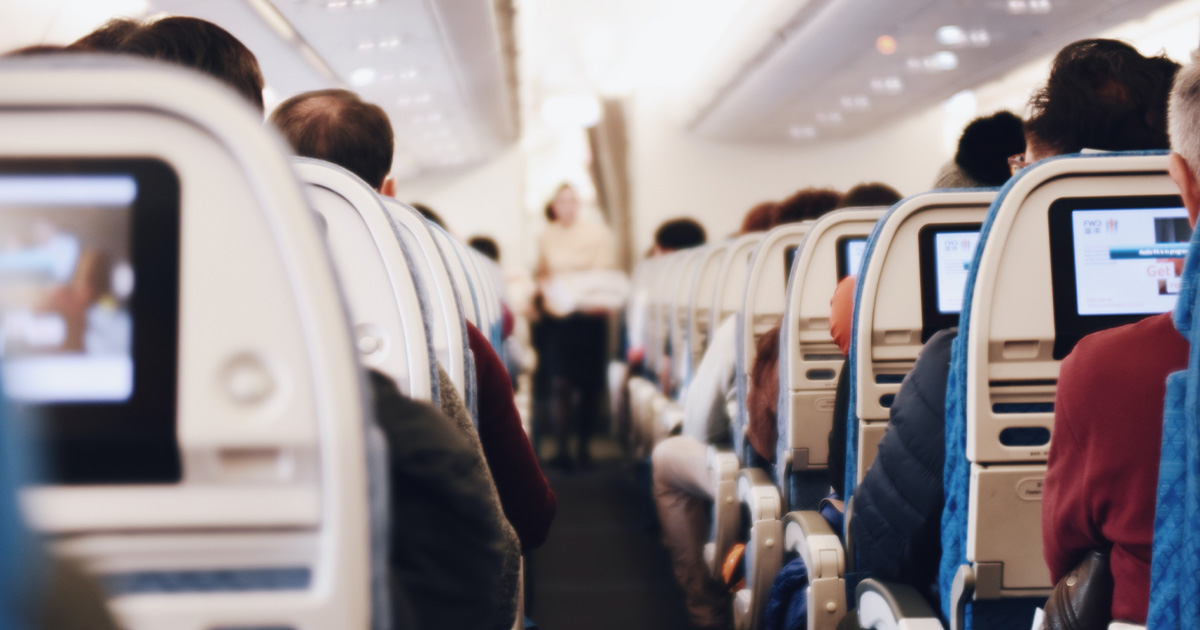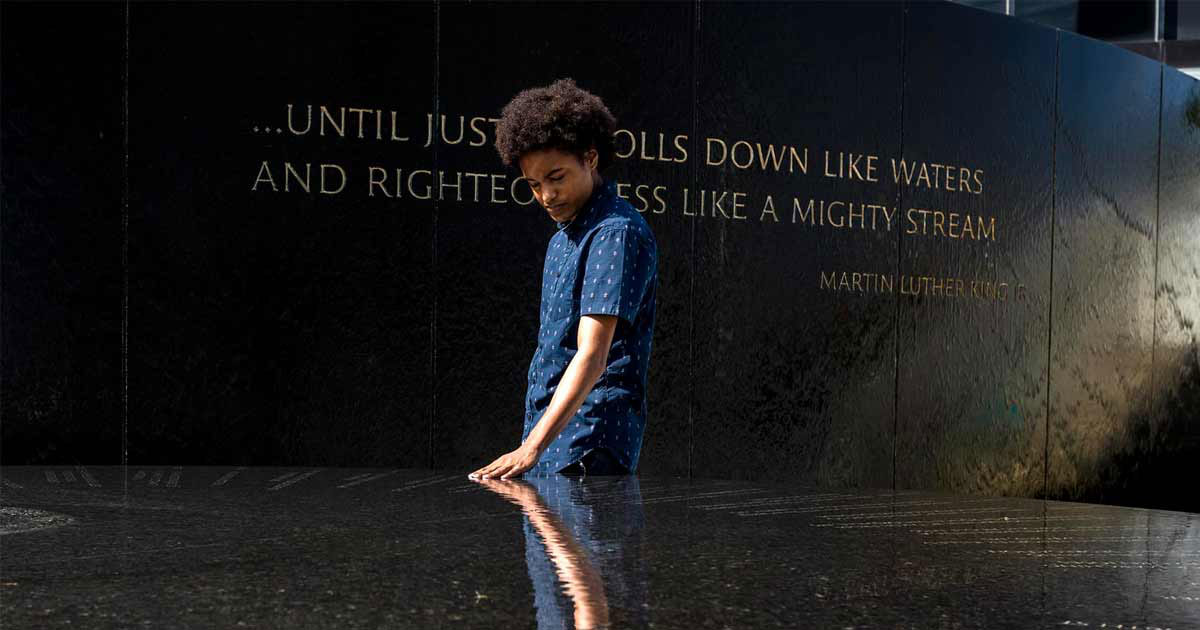
Bad Behavior 101: Know Your Rights on a Flight
What to do when you run into problems with fellow passengers.
The last few years have been rough for airline passengers.
During the height of the pandemic, air travelers saw an outbreak of bad behavior. The internet was filled with videos of unruly passengers slugging flight attendants, trying to break into the cockpit, and assaulting fellow travelers.
These types of incidents led the Federal Aviation Administration (FAA) to impose $8.4 million in fines last year on disruptive passengers. Fortunately, the number of federal complaints appears to have peaked, dropping from nearly 6,000 in 2021 to 1,820 in 2023, as of Nov. 12.
However, the potential for problems may increase as the number of airline passengers grows and approaches pre-pandemic levels. The best way to avoid problems? Follow the rules and directions from airline staff. And if there's an issue with a fellow passenger, let your flight attendant know.
"I've interviewed thousands of experts over the 30 years I've been doing this. They tell me it is better to call a flight attendant over sooner than it is to get in a situation that will lead to an escalation," says Christopher Elliott, a syndicated travel columnist and consumer advocate.
But many problems fall into a gray area of annoying behavior that really isn't regulated by airlines.
"The bad news is you don't have the right to sit next to a pleasant passenger. You don't have the right to be treated with respect. None of that is written into the airline's contract," Elliott says. "There's not a general law that requires passengers to be nice to each other."
Still, travelers shouldn't suffer in silence either. Here's what to do when you encounter specific problems.
VERBALLY RUDE FELLOW PASSENGERS
If someone treats you rudely, it's tempting to respond in kind. But try to let cooler heads prevail, says Ben Mutzabaugh, senior aviation editor for The Points Guy, a travel website. "Unless you're being threatened or taken advantage of, consider taking a deep breath and trying to let it go. Little good will come from a confrontation in an airport or airplane." Instead, put on noise-canceling headphones, try to forget about it and don't let it ruin your flight.
PHYSICAL AGGRESSION
Don't let a problem escalate. Call for help from a flight attendant if someone threatens to become physically aggressive, says Justin Albertynas, CEO of Ratepunk, an online travel search service. "Your safety is paramount. Stay calm and alert the flight crew, as it's never a good option to take matters into your own hands."
But you shouldn't be afraid to ask for someone's cooperation, says Mutzabaugh. "If you're in the middle seat and someone takes the armrest, maybe you want to say something like, 'Hi, I don't mean to be difficult, but I'm squeezed in here. Would you mind if I used the armrest?'"
SITTING BY SOMEONE WHO APPEARS SICK
If your seatmate is coughing and sneezing, and you're afraid you'll get sick, make sure you're wearing a mask. You might offer the person one as well, Elliott says. "Sometimes they'll gratefully accept that." You can also inform your flight attendant. They may try to reseat you if there's room.
LOST OR STOLEN ITEMS
If there's an incident on the plane, let the crew know immediately, since the item is probably still on board, Mutzabaugh says. "There may be limits to how much they can intervene, but maybe they can sort out a misunderstanding. Was your item lost, or did it get misplaced or fall behind a seat?" If it's something more involved, they can also call ahead for law enforcement to meet the plane on arrival if that's warranted.
UNWANTED PHOTOGRAPHY/VIDEO
In most cases, passengers can take photos on the plane. Airline policies typically say they should be for personal use only, although the regulations are rarely enforced, Mutzabaugh says. "It's meant to protect the privacy of those on board—both crew and passengers. If you feel uncomfortable, you should feel entitled to ask a fellow passenger if they'd mind not taking your photograph. If they refuse to respect your wishes—or if you think something more sinister is afoot—alert the crew to your concerns."
Virginia native Larry Bleiberg is president of the Society of American Travel Writers, a frequent contributor to BBC Travel and the creator of CivilRightsTravel.com.
This article was republished with permission and originally appeared at AARP.



